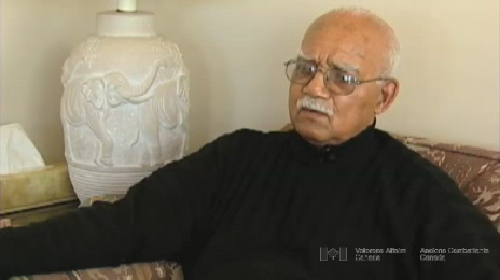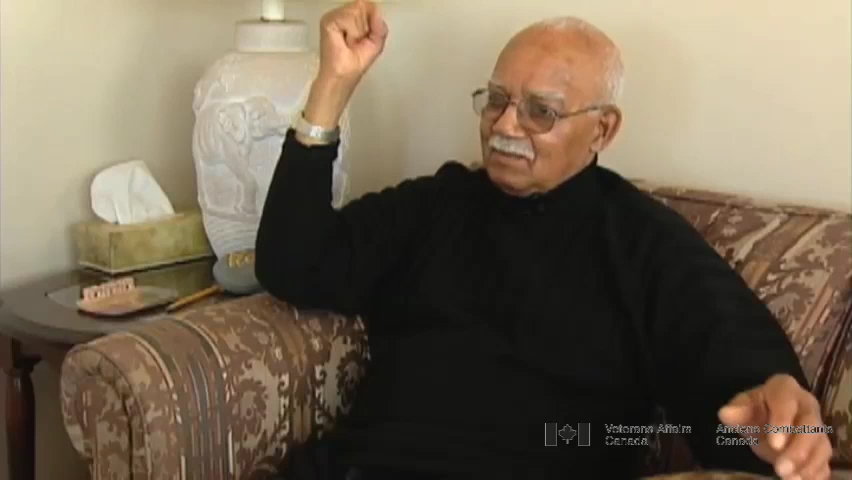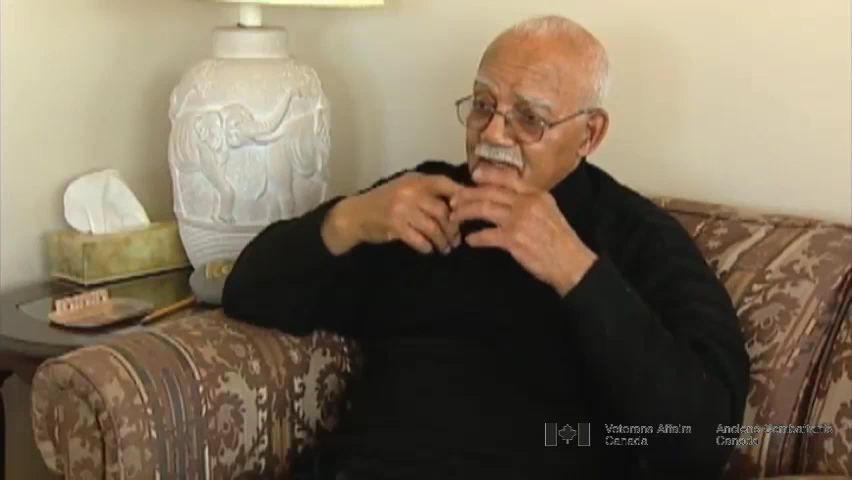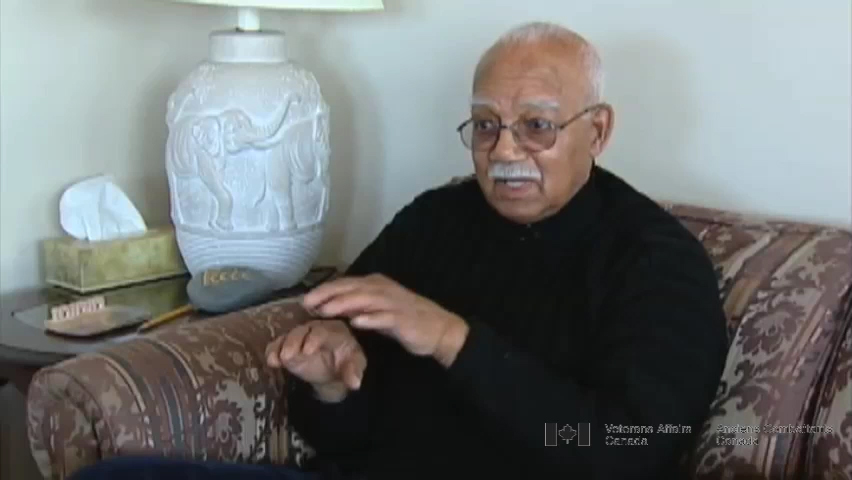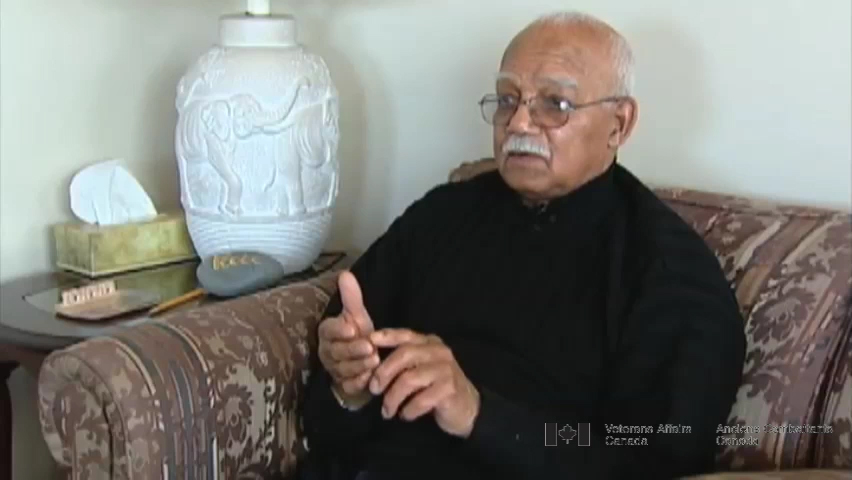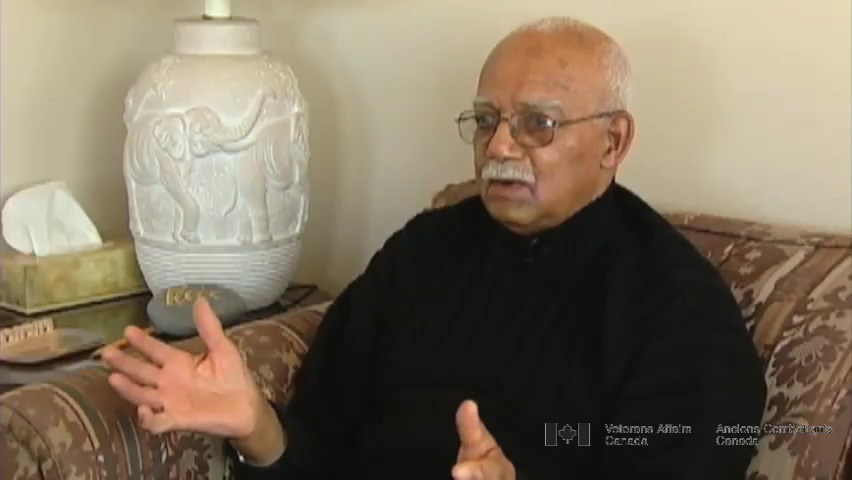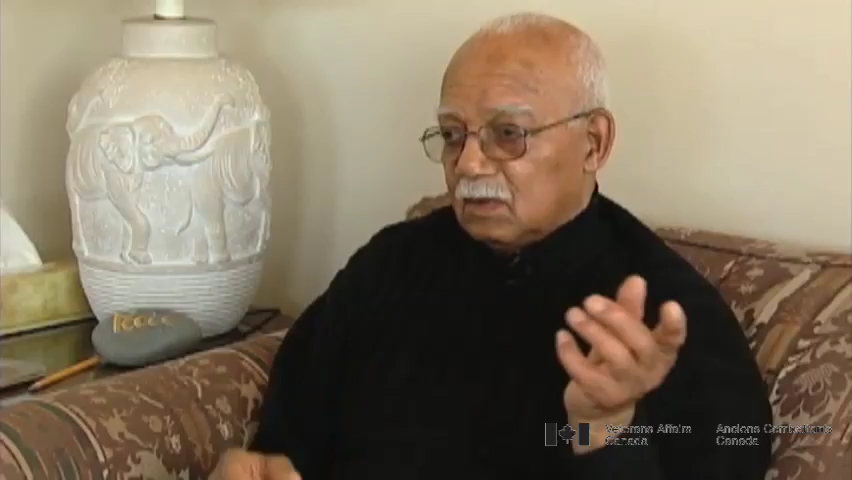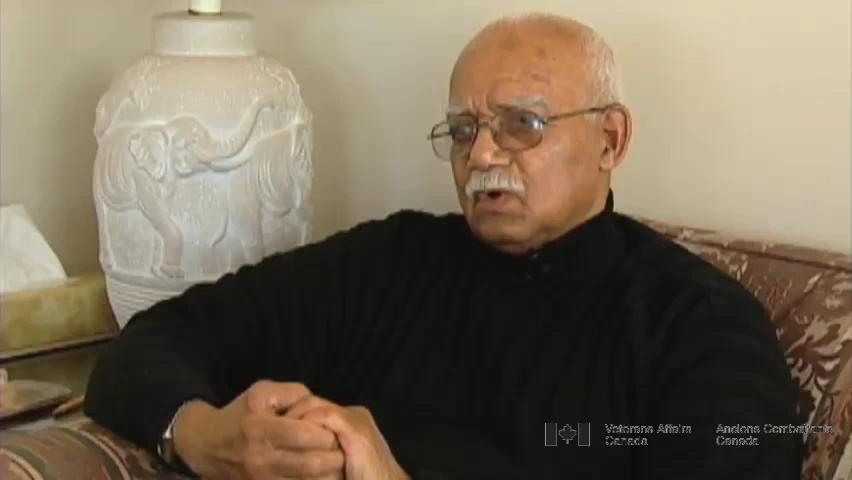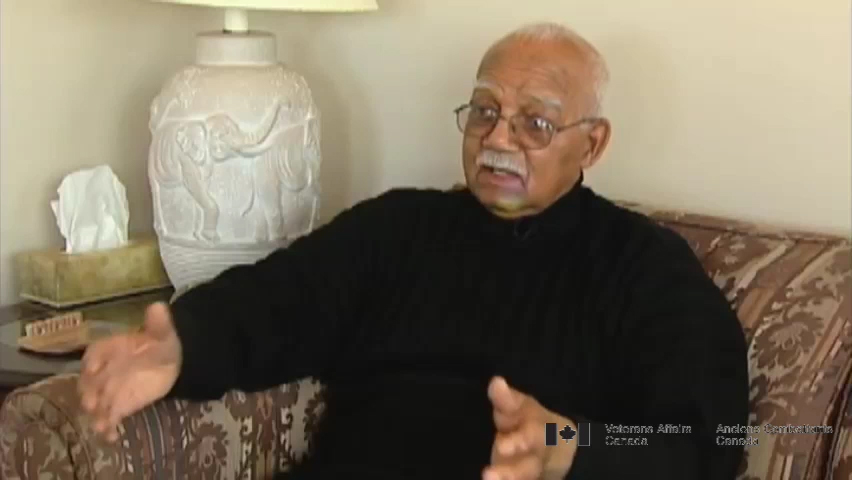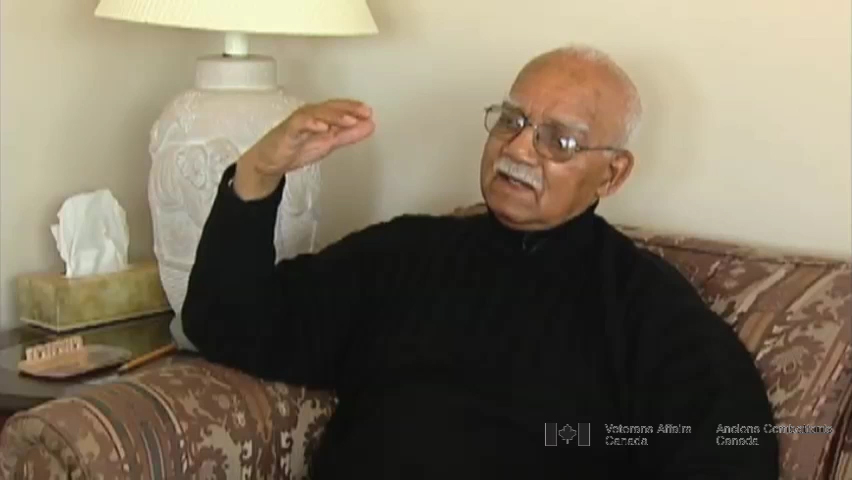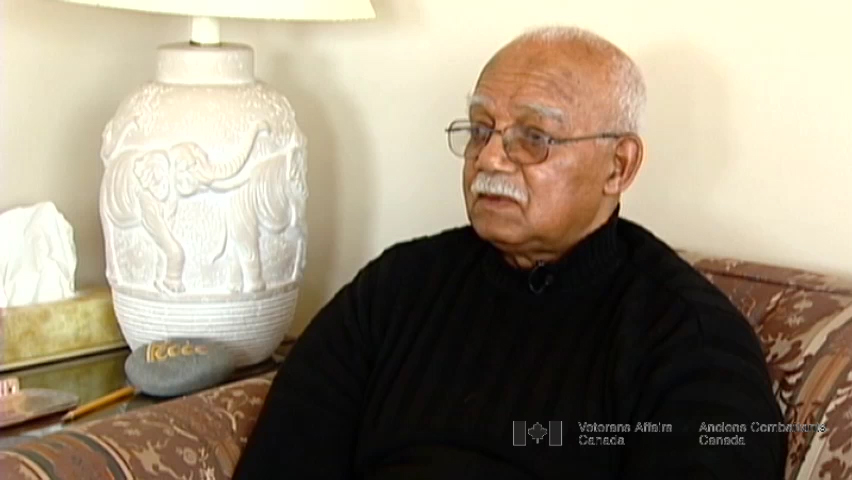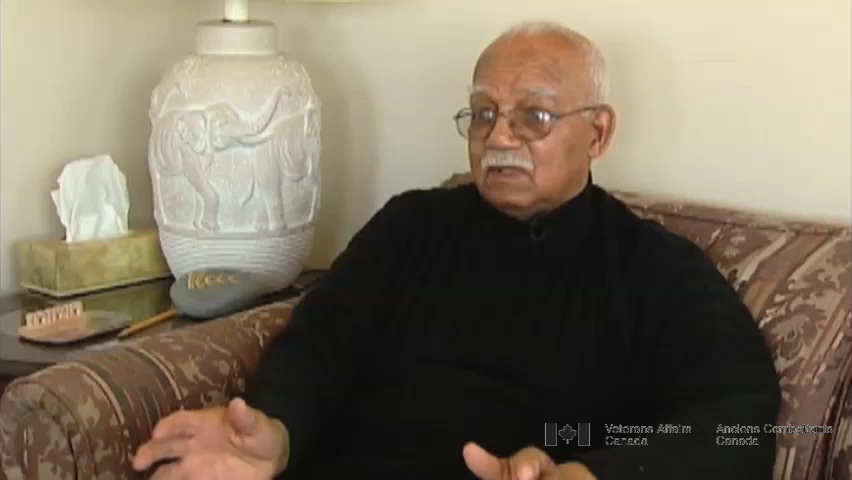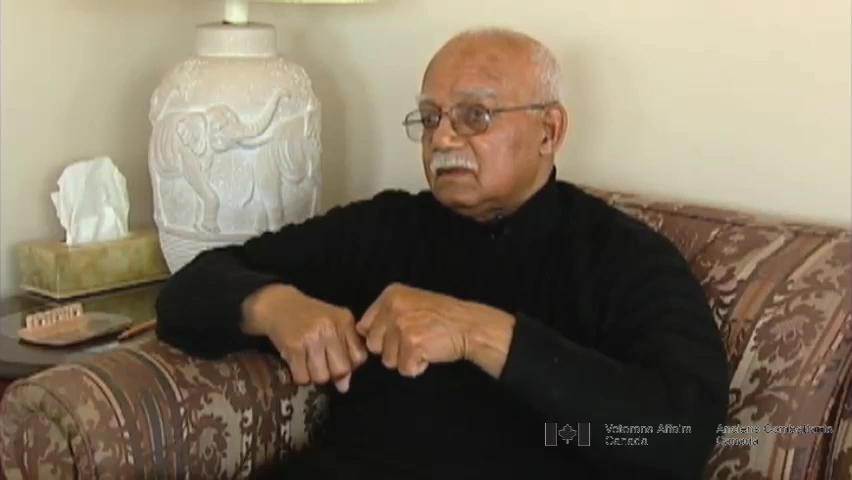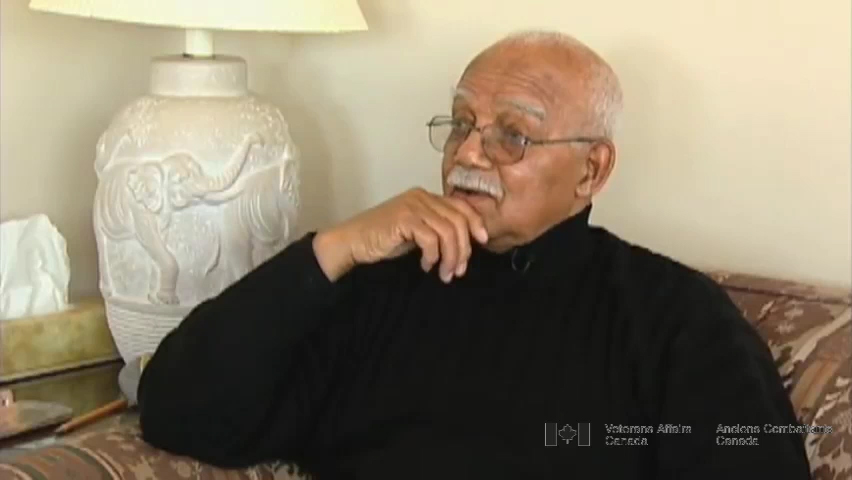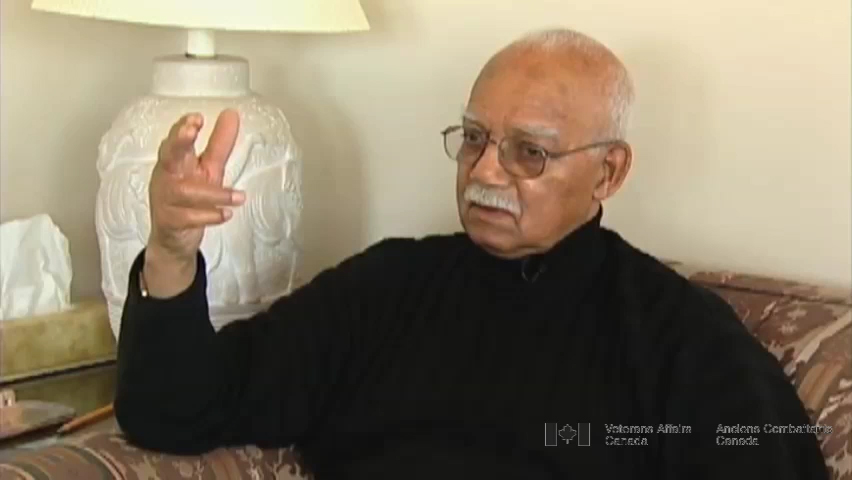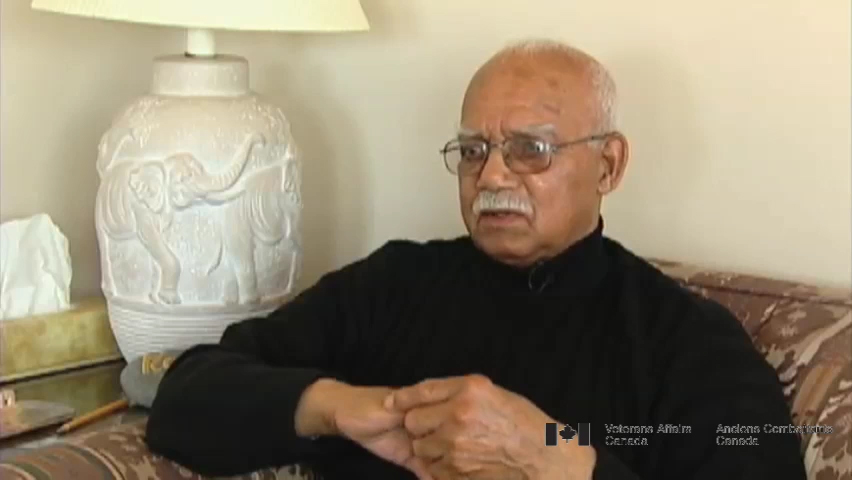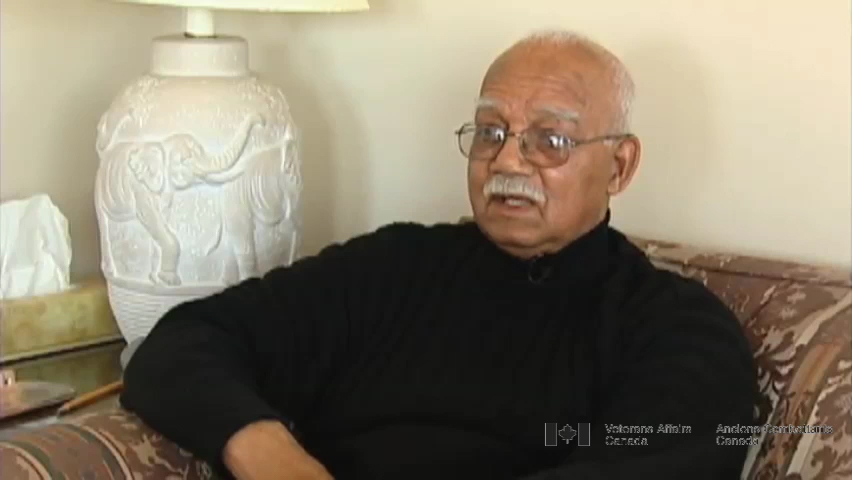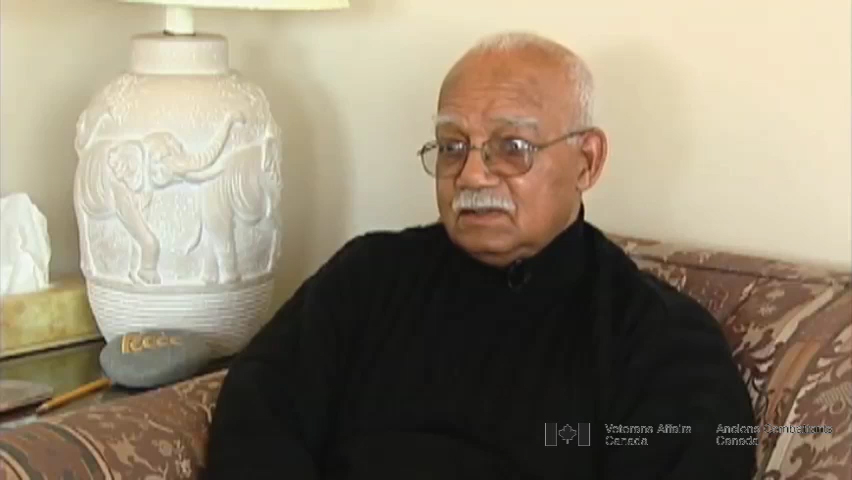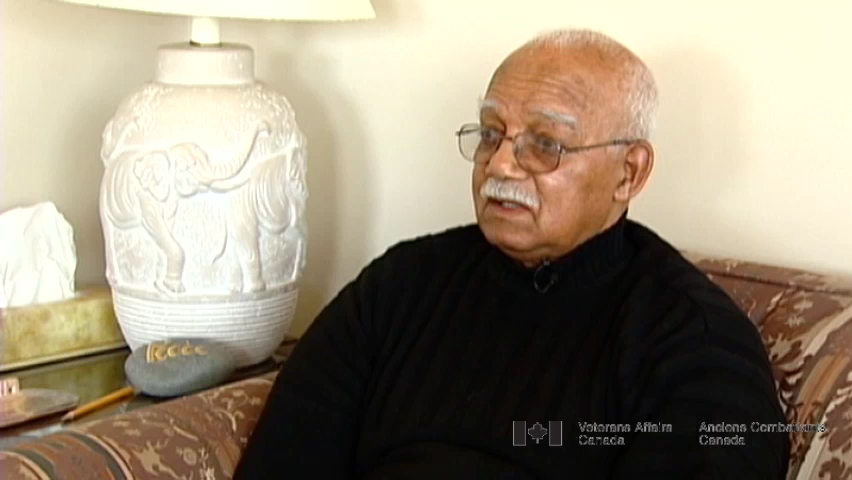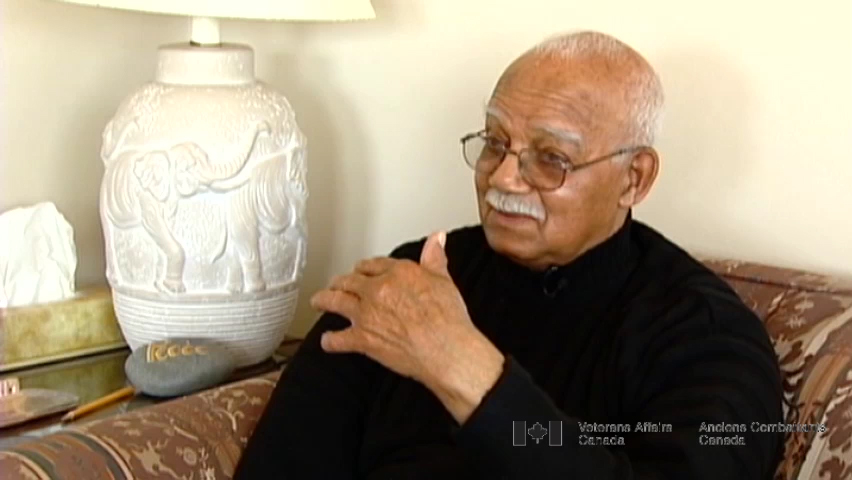German Hospitality
Heroes Remember
German Hospitality
Transcript
Description
Mr. Cromwell experiences the kindness of a German family giving him rest and accommodation for the night.
Everett Sylvester Cromwell
Everett Cromwell was born on December 12, 1921 in Weymouth Falls, Digby Co., Nova Scotia. He was the fifth of ten children. At age twelve, he left school to work in the woods because his father, also a forestry worker, had fallen ill. Both of his parents were soon deceased, and the ten children stayed in the family home supporting one another. Mr.Cromwell supported the family by working for a local farmer and then in the local lumberyard. He enlisted in June, 1941 in the Royal Canadian Army Service Corps. After basic training in Halifax, Sherbrooke, and Camp Borden, he sailed aboard the Louis Pasteur to England, arriving on December 23, 1941. Two weeks after the D-day raid, Mr. Cromwell arrived in France with the 2nd Division, Motor Transport. For the duration of the war, his unit was responsible for transporting fuel, food and ammunition to the Front in support of the Allied advance on Germany. After being discharged from the army and returning home, Mr. Cromwell, recently married, reenlisted because it was ‘steady work’. He and his family were to experience institutionalized racism in Halifax, being denied accommodations because of their black heritage. This in contrast to the fact that he felt equal in all respects as a member of the Army. Mr. Cromwell and his wife, Elizabeth, currently reside in Shelburne, Nova Scotia.
Meta Data
- Medium:
- Video
- Owner:
- Veterans Affairs Canada
- Duration:
- 4:19
- Person Interviewed:
- Everett Sylvester Cromwell
- War, Conflict or Mission:
- Second World War
- Branch:
- Army
- Units/Ship:
- Royal Canadian Army Service Corps
- Rank:
- Private
- Occupation:
- Transport
Related Videos
- Date modified:



